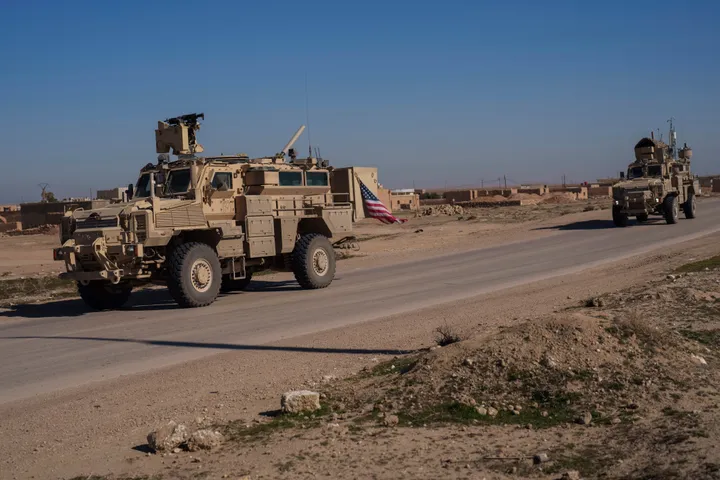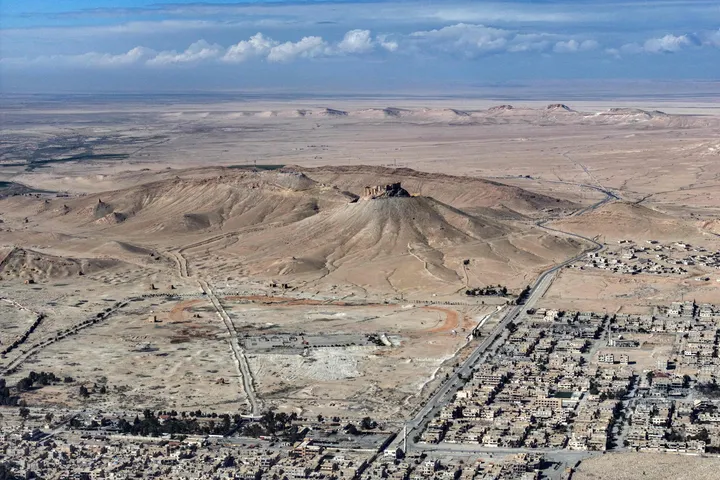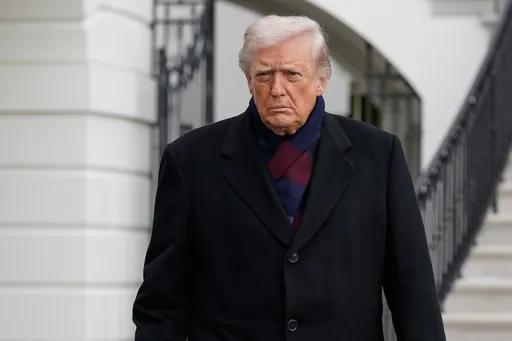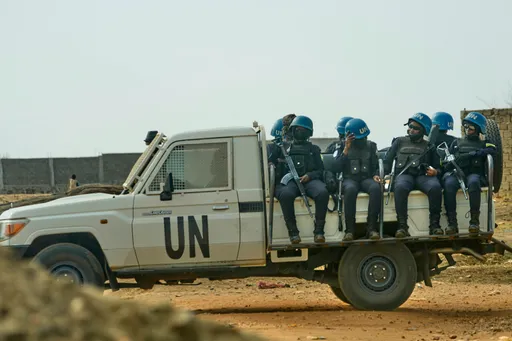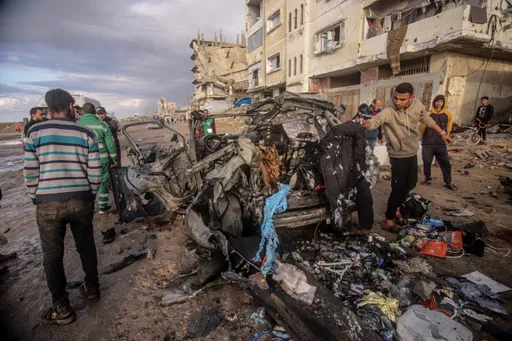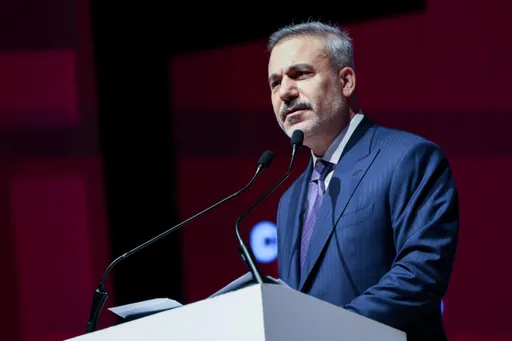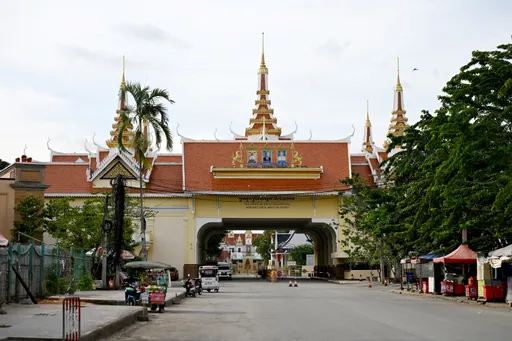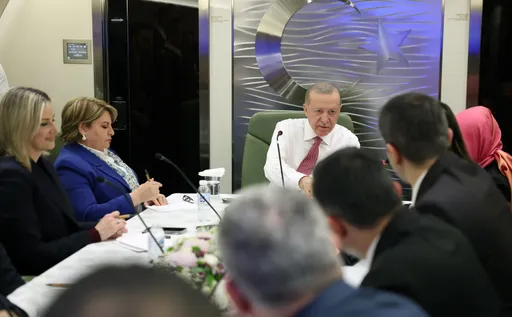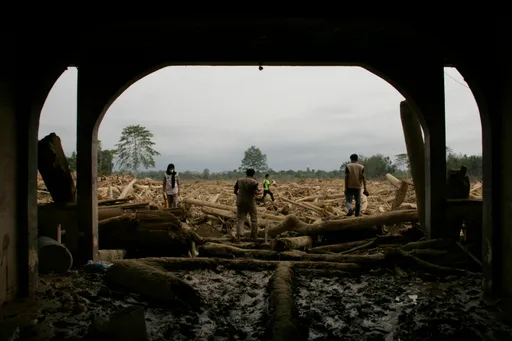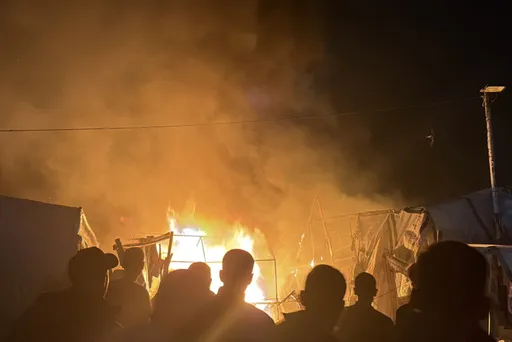United Nations Secretary-General Antonio Guterres has invoked Article 99 of the UN Charter for the first time in over 50 years, marking a rare exercise of power to call on the Security Council to demand a humanitarian ceasefire in besieged Gaza.
With more than 17,000 Palestinians killed, 46,000 wounded, and 7,600 missing in the 63-day Israeli bombardment of Gaza, the United Nations warns that the entire infrastructure supporting health, sanitation, and fundamental humanitarian needs is on the brink of complete collapse.
In a letter addressed to the President of the Security Council, Jose Javier de la Gasca Lopez Dominguez, on Wednesday, Guterres emphasised the urgency of the situation: “I urge the members of the Security Council to press to avert a humanitarian catastrophe. I reiterate my appeal for a humanitarian ceasefire to be declared. This is urgent.”
He warned of the severe risk of Israel’s war on Gaza becoming a global threat, stating, “The situation is fast deteriorating into a catastrophe with potentially irreversible implications for Palestinians as a whole and for peace and security in the region.”
Article 99 of the UN Charter grants the Secretary-General the authority to bring any matter to the attention of the Security Council that, in his opinion, may threaten international peace and security.
But why is its recent invocation significant?
“It's very significant because this is possibly the only political power given to the UN Secretary-General,” Mark Seddon, Director of the University of Buckingham’s Centre for UN Studies and former media adviser to the UN, tells TRT World.
“It allows him to convene a meeting of the UN Security Council at his call to put before the members permanent five and the elected members a formal warning about a threat to international peace and security.”
The five permanent members of the UNSC are the United States, the United Kingdom, France, China, and Russia, while ten non-permanent members are elected for specific periods.
Guterres' decision to invoke Article 99 follows repeated failures of the Security Council to adopt resolutions for a ceasefire due to disagreements among its permanent members.
Late Wednesday, The United Arab Emirates proposed a draft resolution to the UN Security Council demanding an immediate humanitarian ceasefire, scheduled for a vote on Friday morning.
Experts believe that Guterres' use of Article 99 and the proposed resolution by the UAE could be effective in ending the war in Gaza.
“If the Security Council passes this resolution, then we will have essentially the whole world calling upon the parties to end the fighting and to bring about a ceasefire,” Seddon states.
“It could then follow on from that and look at the security measures that might be put in place by the UN, in Gaza, for instance. Because elsewhere, when this has happened, previously there have been UN peacekeeping forces.”
While the use of the UN Charter’s Article 99 is rare, it has been invoked on four occasions in the past — in the Congo in 1960, in East Pakistan - now Bangladesh - in 1971, in Iran in 1979, and in Lebanon in 1989.
Although not always resulting in lasting peace, Seddon emphasises its potential to halt immediate hostilities and initiate discussions towards a final peace agreement.
“In the case of the Congo in 1960, the use of the article ended the secession of the Katanga province from Congo in 1960, but it has not prevented the conflict from continuing,” Seddon explains.
“Still, UN peacekeepers became very active. The United Nations is still in the Democratic Republic of Congo to this day. And in Lebanon, the UN peacekeepers are still on the border between southern Lebanon and Israel, and there is a continuing UN involvement.”
The article is invoked, essentially when the Secretary-General believes, having taken heed of what the vast majority of member states and the United Nations on the ground are telling him, that this is a desperate situation and this conflict has to be ended, Seddon says.
However, the resolution could face a potential veto from the United States, Israel’s closest ally. The resolution would then move to the UN General Assembly in such a scenario.
Seddon mentions the possibility of The Uniting for Peace resolution in that case, allowing the majority of member states in the General Assembly to decide on actions needed to achieve a ceasefire, bypassing the Security Council's impasse.
Previously, on October 18, the United States had vetoed the resolution calling for a pause in the fighting to allow humanitarian assistance into Gaza.

